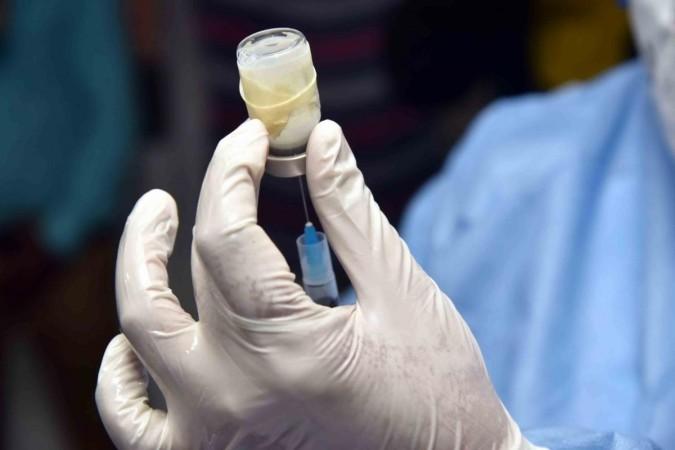A second booster shot significantly improved effectiveness against widespread variants Omicron BA.1 and BA.2/BA.2.12.1, finds a study led by the US Centers for Disease Control and Prevention (CDC).
All variants of Omicron are known to evade both vaccine induced immunity as well as those derived from prior infections.

With the first booster, vaccine effectiveness against these variants was only 68 per cent (lower than against previous variants) and declined to 52 per cent effectiveness after six months.
With the second vaccine, effectiveness against BA.1 and BA.2/BA.2.12.1 variants climbed to 80 per cent within the first six months, according to the study published in the CDC's Morbidity and Mortality Weekly Report.
However, data is not yet available for effectiveness after six months, the researchers said.

"The findings of this study are important because they provide an answer to a question that many people are asking: Should I get the second booster shot? The data clearly show that a second booster significantly increases vaccine effectiveness against these variants-which while no longer dominant in many areas, are still present," said Shaun Grannis, vice president for data and analytics at Regenstrief Institute and professor of family medicine at Indiana University School of Medicine.
"As we go into the fall, when viruses typically pick up, we want to encourage people who are eligible for a second booster to be proactive and to strongly consider getting one because it will provide greater protection. It will reduce the need for Covid-19-related emergency department visits and hospitalisations," Grannis said.
Current CDC recommendations for a second booster (fourth shot of the vaccine) are for people 50 and older as well as for moderately or severely immunocompromised individuals who are 12 and older.

















